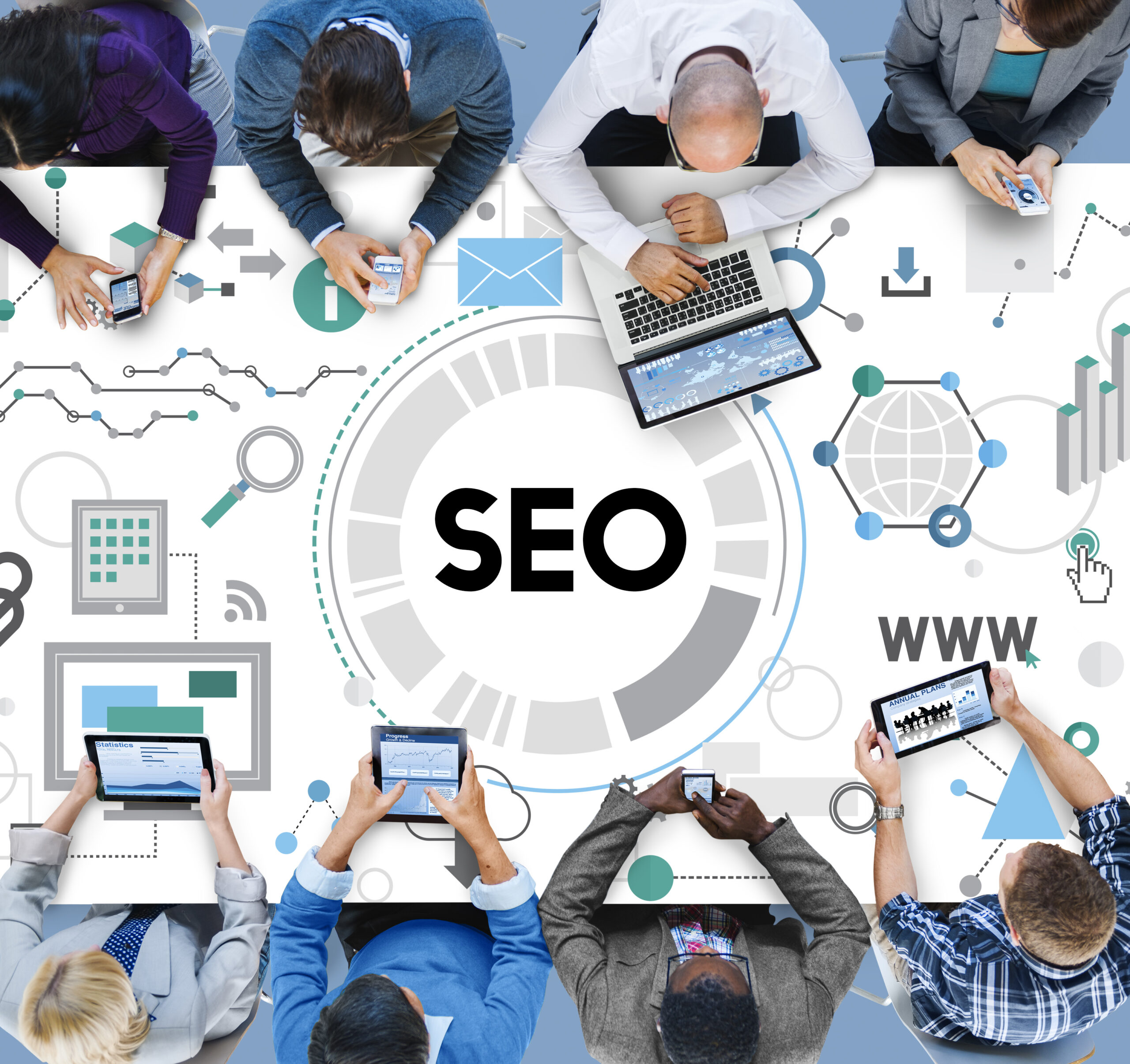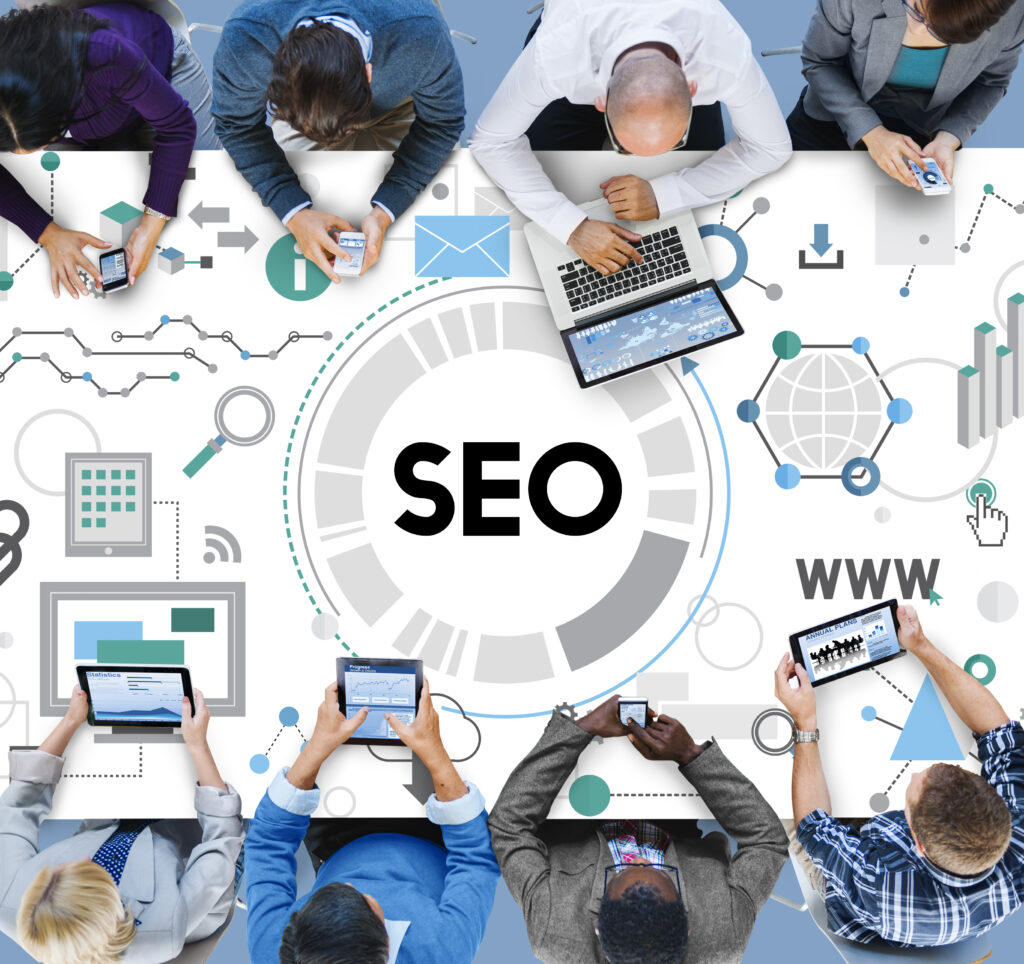

Imagine trying to get to a new destination with an old paper map. Sure, it’s possible, but it’s frustrating, and it might take you on a detour. Now picture using GPS—an AI-powered system that adjusts in real-time, guiding you based on live traffic, road closures, and even your preferences. That’s the difference between traditional SEO practices and modern SEO with AI.
SEO isn’t dead. It’s just evolved, and like the switch from maps to GPS, it’s now faster, smarter, and more intuitive. Gone are the days when you could simply jam keywords into your content and expect to rank. Now, it’s all about relevance, user experience, and understanding what users truly want.
For years, SEO was largely about keyword quantity. You’d stuff as many keywords as possible into your pages and hope the search engines noticed. That worked...until it didn’t. Now, AI has taken the reins and reshaped SEO into something far more sophisticated.
1. Content Relevance Over Quantity
In the past, it was common to see articles stuffed with a list of keywords like “best headphones,” “top-rated headphones,” “wireless headphones,” and the like. But AI algorithms, particularly Google’s BERT and MUM, are changing the game. These algorithms analyze content not just for keywords but for context.
In the world of SEO, quality is far more important than quantity. Writing a blog titled "Best Headphones" won’t cut it anymore unless you dive deeper into what users mean by “best.” Is it the price? Comfort? Sound quality? Battery life? AI now helps search engines figure out the intent behind a search, allowing content to be tailored to user needs.
Think of it like asking a salesperson for advice. Instead of just shouting out, “Give me the best headphones,” you’d say, “I need a comfortable pair of headphones under $100 with great sound for running.” AI helps search engines understand that nuance, delivering the right results.
2. Search Intent Over Tricks
Search intent is the reason behind a search query. In simpler terms, it’s why someone typed that phrase into Google. With AI, Google now understands different types of search intent—whether someone is looking for information, a product, or even something local.
For example, let’s take the search term “digital marketing agency.” Someone searching for this may be looking for a local service provider. AI allows search engines to show results based on local SEO factors, such as location, reviews, and business type, even if the query didn’t explicitly mention “near me.” This makes it more important than ever for your business to focus on offering content that answers the specific needs of your target audience, not just generic topics.
3. User Experience Over Quick Fixes
User experience (UX) has become a major ranking factor. Google’s RankBrain algorithm, powered by AI, doesn’t just look at what people search for; it looks at how they interact with your site. If people bounce off your website quickly because it loads too slowly or doesn’t have an intuitive design, AI can detect that. These behaviors send a signal to search engines that your content isn’t satisfying the user’s needs.
That’s why optimizing for UX—things like fast load times, mobile-friendliness, and clean navigation—has become just as important as keyword optimization. Users expect fast, frictionless experiences, and AI knows when you don’t deliver.
The role of AI in SEO isn't just theoretical; it’s already making waves in digital marketing. With AI, digital marketing agencies can now refine their SEO strategies to match the latest algorithms and deliver better results for their clients.
1. Predictive SEO
AI is now helping agencies predict what people will search for in the future. Predictive analytics tools powered by AI can analyze trends, consumer behavior, and even external factors like news or weather to forecast what topics will gain traction. Agencies can use this data to create content ahead of time that aligns with upcoming search trends, positioning their clients to rank higher.
2. Content Optimization with AI Tools
AI-based content optimization tools like SurferSEO and Clearscope analyze competitor content, uncover keyword gaps, and suggest improvements for your articles. For instance, they might recommend related keywords to include or point out areas where the content doesn’t quite match search intent. These AI tools help ensure that every piece of content an agency creates is as relevant and optimized as possible.
3. Automated Reporting
AI-powered tools are making reporting easier and more insightful. Agencies no longer have to manually crunch numbers from Google Analytics or search engine rankings. With AI, they can generate automated reports that offer actionable insights—helping clients track progress and make data-driven decisions faster.
Mobile-first indexing has been Google’s priority for a while, and with more people browsing from mobile devices than desktops, it’s essential to optimize your website accordingly. AI helps digital marketers understand how well their sites are performing on mobile, identifying areas for improvement such as page load times, image sizes, and responsive design.
Using AI tools to optimize for mobile can lead to better rankings on Google, a smoother user experience, and a higher conversion rate for businesses.
AI has truly changed the way SEO works, but where is it going? The future of SEO lies in even more integration of AI to make predictions, automate processes, and offer hyper-targeted content to users. This means SEO will become more efficient, personalized, and predictive.
For example, as AI continues to evolve, we may see search engines better understanding not only user intent but even their emotional state based on previous searches, social media activity, and behavioral data. This could change how businesses target their audiences and the type of content they produce.
SEO isn’t dead—it’s just smarter. If you’re still relying on old-school SEO methods, you might be leaving potential traffic on the table. AI has redefined SEO by focusing on content relevance, user experience, and search intent. Digital marketing agencies now have the tools to offer far more precise, effective SEO services that help clients stay ahead of the competition.
By embracing AI and modern SEO practices, your business can stand out in an ever-evolving digital landscape. From content optimization to mobile-first design, AI empowers marketers to provide more tailored, user-centric experiences that lead to higher rankings and better conversions.
Want to Supercharge Your SEO? Let’s Talk!
If you’re ready to take your SEO game to the next level with AI-driven strategies, look no further. At Digital Way Marketing, we offer top-tier SEO services that are smarter, faster, and more effective than ever before. Contact us today, and let’s drive real results for your business!
